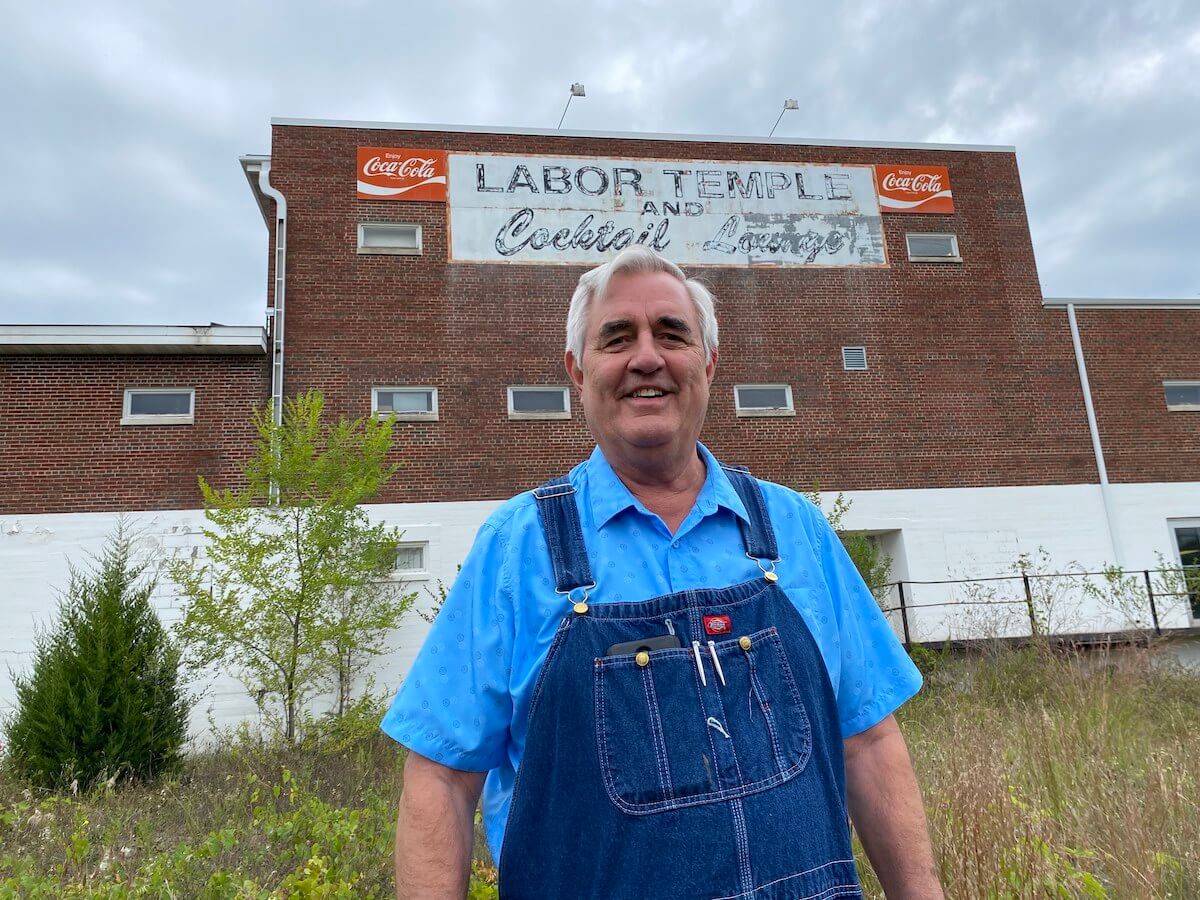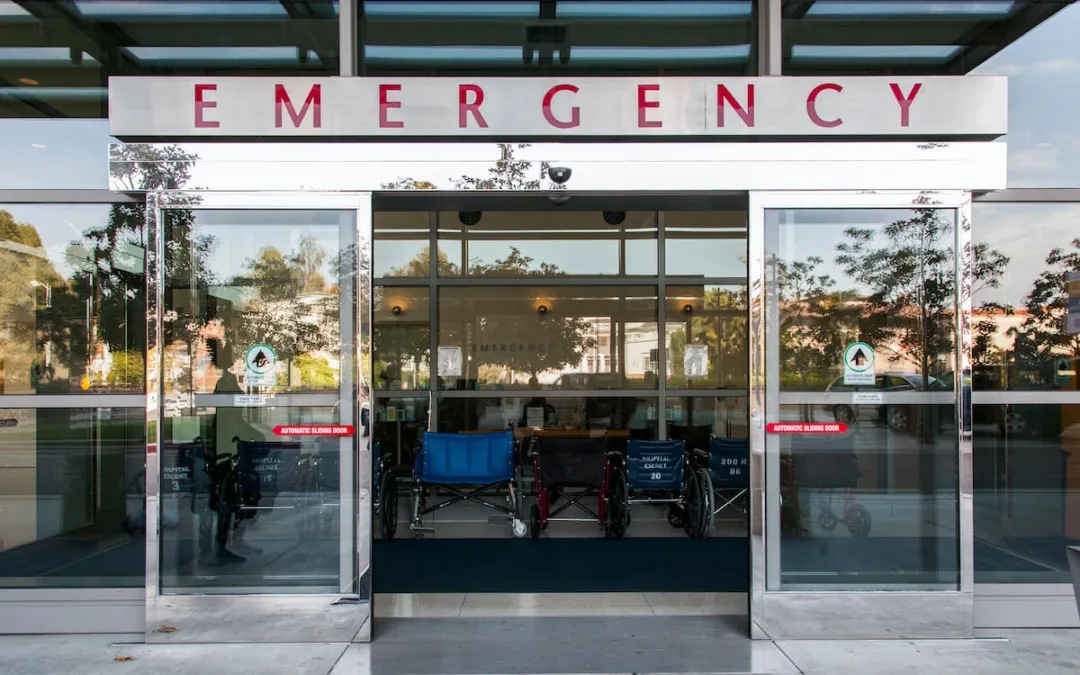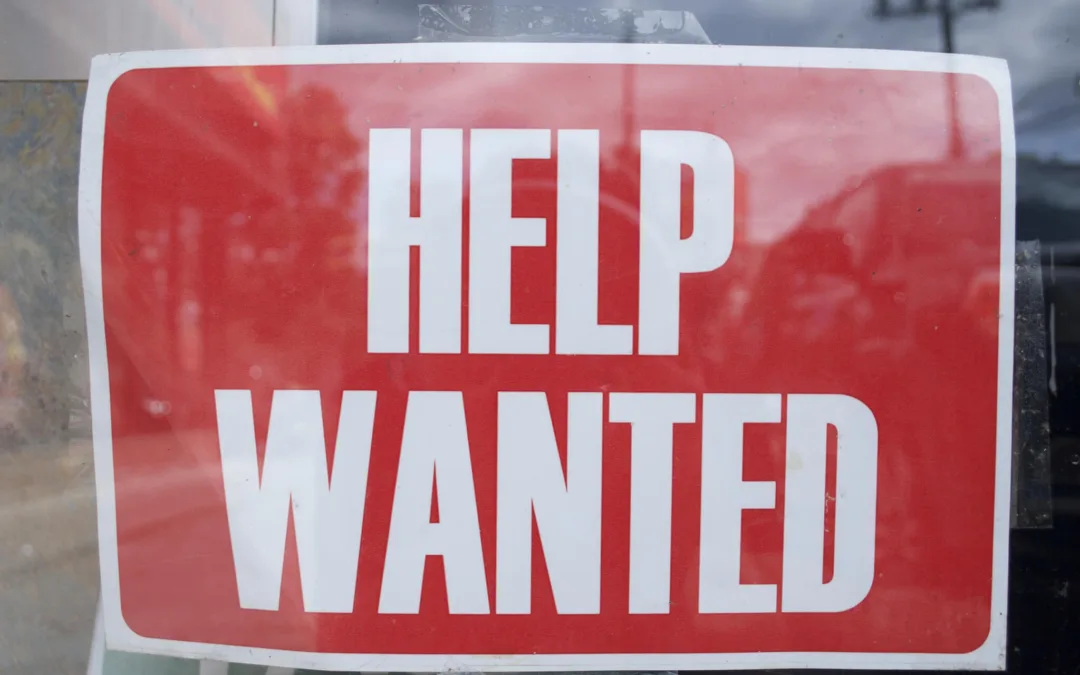
#image_title
#image_title
Pandemic shows us the value of essential workers, but it also prevents the gatherings that would show appreciation.
As a former bus driver for the city of Eau Claire with a longtime history as a labor activist, Phil Swanhorst knows the value of workers and the struggles many face as union membership has dropped in recent years.
The importance of America’s workforce has never been more evident than during the coronavirus pandemic that has gripped the world this year, said Swanhorst, president of the Greater West Central Area Labor Council that serves nine counties in west-central Wisconsin.
People manning such jobs as food processors, emergency responders, postal workers, medical personnel, public transportation, and other professions have kept the United States economy up and running during the pandemic, he said, as people put their lives at risk to provide others with the services needed to keep society functioning.
As Americans celebrate Labor Day this year, events recognizing the importance of workers have been cancelled because of the pandemic. But that doesn’t mean employees—especially those doing jobs referred to as essential—shouldn’t be noticed, he said.
“We need to recognize all workers, and especially this year we should recognize those essential workers we overlook way too often,” Swanhorst said outside the Eau Claire Labor Temple, the building on Eau Claire’s north side that hosts many local union meetings. “The janitors, the carpenters, the convenience store workers, all of those people who put their lives on the line during this pandemic so that the rest of us could continue to receive the products and services we need.”
Many of those employees, lauded as “frontline” workers, have contracted COVID-19 because of the work conditions of their professions, and some have died. For example, food processing workers in Wisconsin and elsewhere across the U.S. have been infected with the virus and killed by it.
Medical workers treating patients with COVID-19, and those who clean hospitals, are especially at risk, Swanhorst said. Others, such as employees at retail outlets who come in frequent contact with the public, also should receive accolades for their efforts and willingness to place themselves in harm’s way, he said.
As workers in many sectors across the country struggle with an economy still slowly bouncing back from the pandemic, recognizing their plight is important, Swanhorst said.
“We have so many essential workers we forget about, people we take for granted way too often,” he said. “Hopefully this pandemic is teaching us that we need to value them, and value the important work they do.”
Chris Sinicki said she hopes that is the case. The Democratic state representative from Milwaukee who is chairwoman for the Democratic Party Labor Caucus said she now makes a point to thank service workers at such locations as grocery stores, restaurants, and coffee shops.
“We have these people who have been doing these jobs for years and we always took it for granted that they would be there,” Sinicki said. “They were like this invisible labor force. Now we are seeing that these people are really essential to our economy.”
Labor unions have taken hits during the last decade after the state Legislature enacted the controversial Act 10 and the intentionally misnamed “right to work” rules that significantly curtailed employee rights “and really put a hole in our labor union movement,” Sinicki said.
However, she said, some labor groups have begun to form unions in the past couple of years as they seek to regain employee recognition.
“We’re watching the rich get richer and the middle class is starting to disappear,” Sinicki said. “As that happens, people are realizing they don’t have a union contract to fall back on anymore. I think people are realizing how important the support of organized labor is.”
Politics

‘Radical’ Republican proposals threaten bipartisan farm bill, USDA Secretary says
In an appearance before the North American Agricultural Journalists last week, United States Department of Agriculture (USDA) Secretary Tom Vilsack...

New Biden rule protects privacy of women seeking abortions
Under the new rules, state officials and law enforcement cannot obtain medical records related to lawful reproductive health care with the goal of...
Local News

Readers Poll: Top Bowling Alleys in Wisconsin
Looking for the best bowling in Wisconsin? Look no further! Our readers have spoken in our recent poll, and we have the inside scoop on the top...

8 Wisconsin restaurants Top Chef judges are raving about
Top Chef’s 21st season is all about Wisconsin, and on-screen, it’s already apparent that the judges feel right at home here. But, while filming in...




